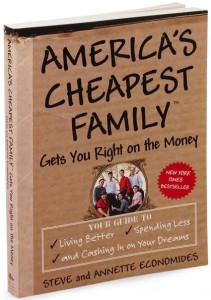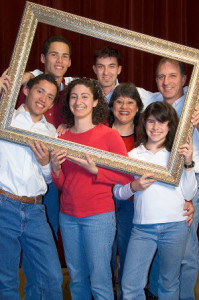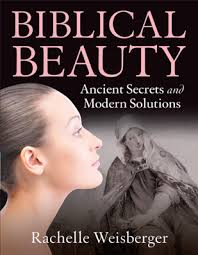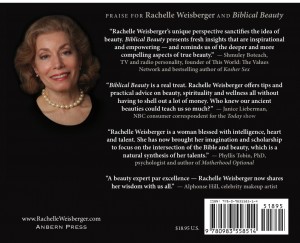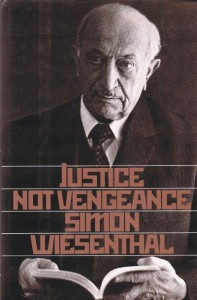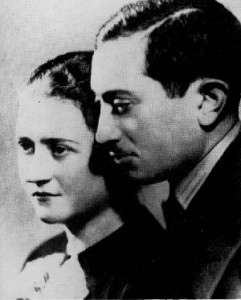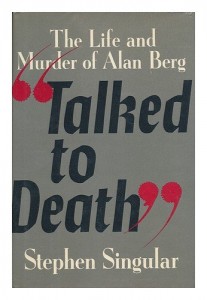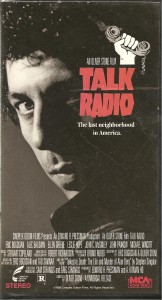Is it possible for a family of 7 to live comfortably on an income of less than $40,000? Is it possible to feed said family for only $350 a month?
According to the Economides, the answer is a resounding “Yes!” In America’s Cheapest Family, they discuss their strategies for living large on a tiny budget—which they’ve been doing since the ’80’s.
Since I’m always looking to trim my own expenses, I was eager to read their book. My verdict? Awesome! Everyone from the biggest spender to those well-versed in frugality can find useful info. As you start out on the savings journey as a “Timid Mouse,” the Economides will teach you how to advance to the coveted “Wise Owl,” level of savings.
The book is divided into chapters on:
* Food (Try once a month shopping & cooking. This chapter was so popular it became a second book.)
* Housing (How to pay off a house in 7 years)
* Clothes (Check out thrift stores & garage sales)
* Medical (Comparison shop, use generics, alternative remedies)
* Budgets (Reasonable level of spending/cash envelopes suggested.)
* Kids (Teach them stewardship from a young age & don’t give in to unnecessary requests)
* Debt (Avoid credit cards & loans if possible)
* Utilities (Turn off lights, adjust the room temps, insulate, etc)
* Vacations (Very interesting chapter on how the Economides paid for a family trip to Washington, DC on a budget)
* Entertainment (Look for free & low cost activities)
* Savings (Invest early and wisely for the best return)
* Attitudes (Be willing to think outside the box & regard it as an adventure)
I like how the family honestly states that they’ve been living this way for decades and others can’t expect overnight results. Baby steps are key, or else burn out is sure to result. I don’t think the majority of folks will implement every tip, but even if you pick only a couple, it could help get rocky finances on track.
Will I follow the Economides lifestyle? Bits and pieces. Personally, I like to coupon and shop often. They prefer to shop rarely. Both ways will save money, but it’s a different philosophy. I don’t buy used clothes because I’m picky, but I do try to only buy on clearance. Living in Arizona, their main utility concern is air conditioning—the opposite of what this New England worries about. They can keep their 5-minute showers; I’d never advocate that! The idea is to cut expenses, not be totally deprived. Each of us has to find our own balance and there are certain things I’m willing to pay for.
I found the Economides to be genuinely likeable. They’re a Christian, homeschooling family, but not hardcore Duggar wannabes. They seem very open to embracing other people and cultures (attending Purim & Passover events with friends was mentioned, which I loved). A miser’s mindset is discouraged; they simply want to have a happy and healthy family and maximum savings facilitates it.
If you’re looking to save money and are open to new methods—some of which are drastic—read America’s Cheapest Family.

